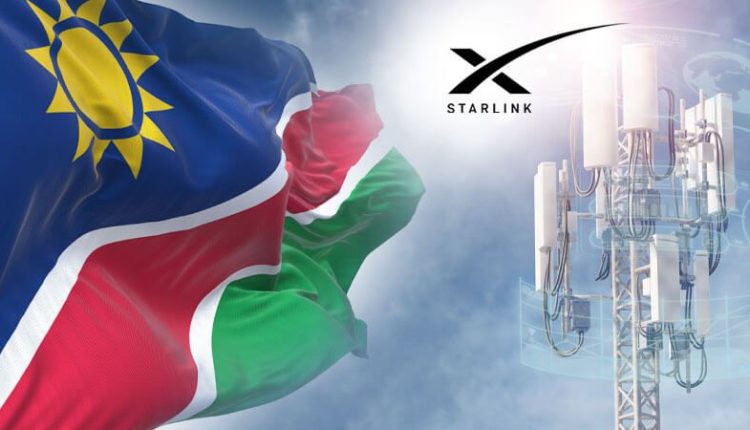Namibia’s Communications Regulatory Authority (CRAN) issued a cease-and-desist order to Elon Musk’s Starlink on Tuesday, mandating the immediate halt of its operations in the country due to the lack of a required telecommunications license. This decision underscores the regulatory challenges Starlink faces as it attempts to expand its services across Africa.
Read also: Paratus, MoveOn Telecoms partner to install Starlink services in Kenya
Regulatory compliance issues
Starlink has been under scrutiny in Namibia for operating without the necessary licensing. CRAN’s investigation revealed that the company was providing services illegally, prompting the confiscation of unauthorised equipment from users.
CRAN stated, “The public is hereby advised not to purchase Starlink terminal equipment or subscribe to its services, as such activities are illegal under Namibian law”. The authority has also filed criminal cases against violators, emphasising its commitment to regulatory compliance.
Despite Starlink’s application for a telecommunications license being under review, the regulatory body clarified that until approval is granted, any use or importation of Starlink equipment remains prohibited.
CRAN CEO Emilia Nghikembua warned that legal action would be taken against those who contravene these regulations, citing violations of the Communications Act (№8 of 009).
Namibia’s Starlink hopes dashed
The decision comes amid rising demand for high-speed internet in Namibia, particularly in remote areas where local providers struggle to deliver reliable service. As a sparsely populated nation with significant connectivity challenges, many Namibians had looked to Starlink as a potential solution.
However, CRAN’s actions reflect a broader trend across Africa, where satellite internet providers face regulatory hurdles and competition from state-run telecom monopolies.
According to astronomer Jonathan McDowell, who tracks satellites on his website, Starlink offers high-speed internet powered by a network of more than 7,000 SpaceX-made satellites. Although Starlink is only offered in a few African countries, it is popular in distant areas where local providers struggle to provide high-speed internet.
Read also: Starlink Nigeria suspends new orders, locks horns with NCC over price increment
Starlink’s expansion efforts have met resistance from other African nations. For instance, Botswana and Zimbabwe have previously ordered the cessation of Starlink operations due to licensing issues.
In Botswana, Starlink’s application was rejected earlier this year because it did not meet regulatory requirements.
Meanwhile, neighbouring countries like South Africa are exploring potential collaborations with Starlink but have yet to finalise any agreements.
As of now, SpaceX has not publicly commented on the situation in Namibia. The future of Starlink’s operations in the country remains uncertain as it navigates the complexities of regulatory compliance while trying to meet the growing demand for internet access across Africa.
















